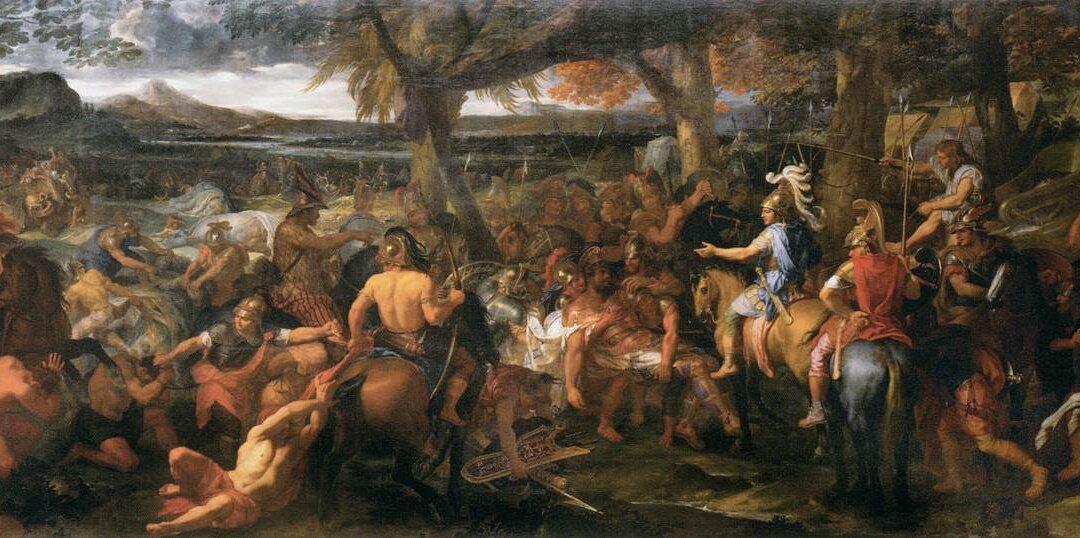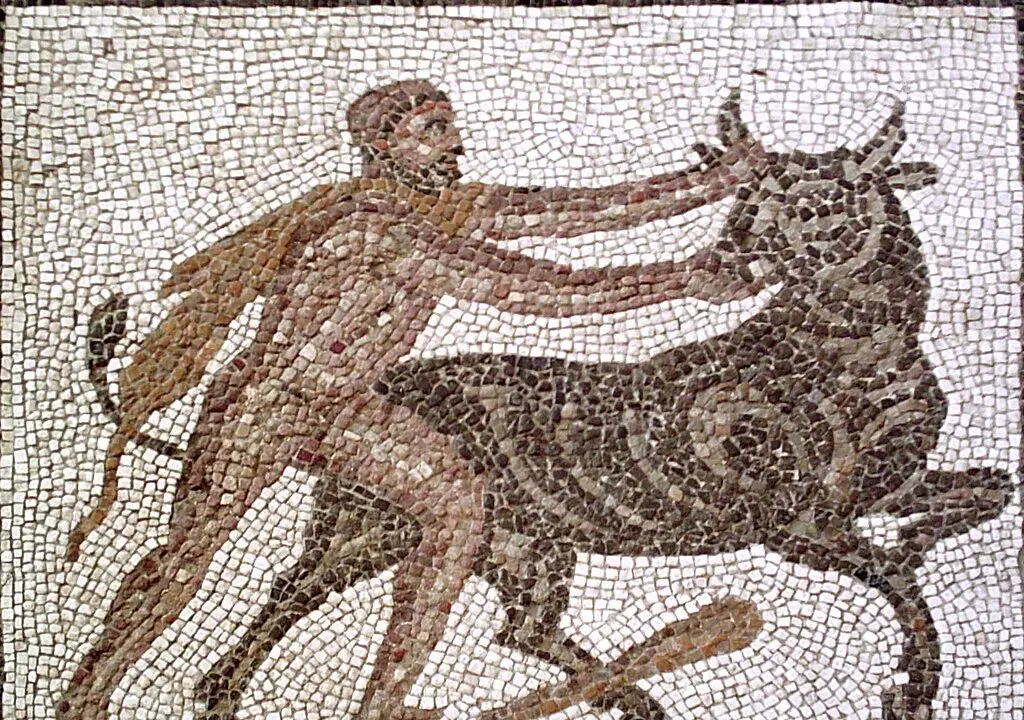The New Year has come, and I am sure most of us are considering or have written those New Year’s resolutions through which we attempt to start again and achieve more than we did last year. A good idea, though fundamentally the whole concept is probably flawed, if well-intentioned.
The thing is: by setting New Year’s resolutions or goals, we are usually defining what we are going to do. But what we really need is to think more on what we intend to be. After all, as people often observe, we are human beings, not human doings. Unless we fix the “being,” the doing is superficial and largely superfluous, since nothing will have changed at the root.






